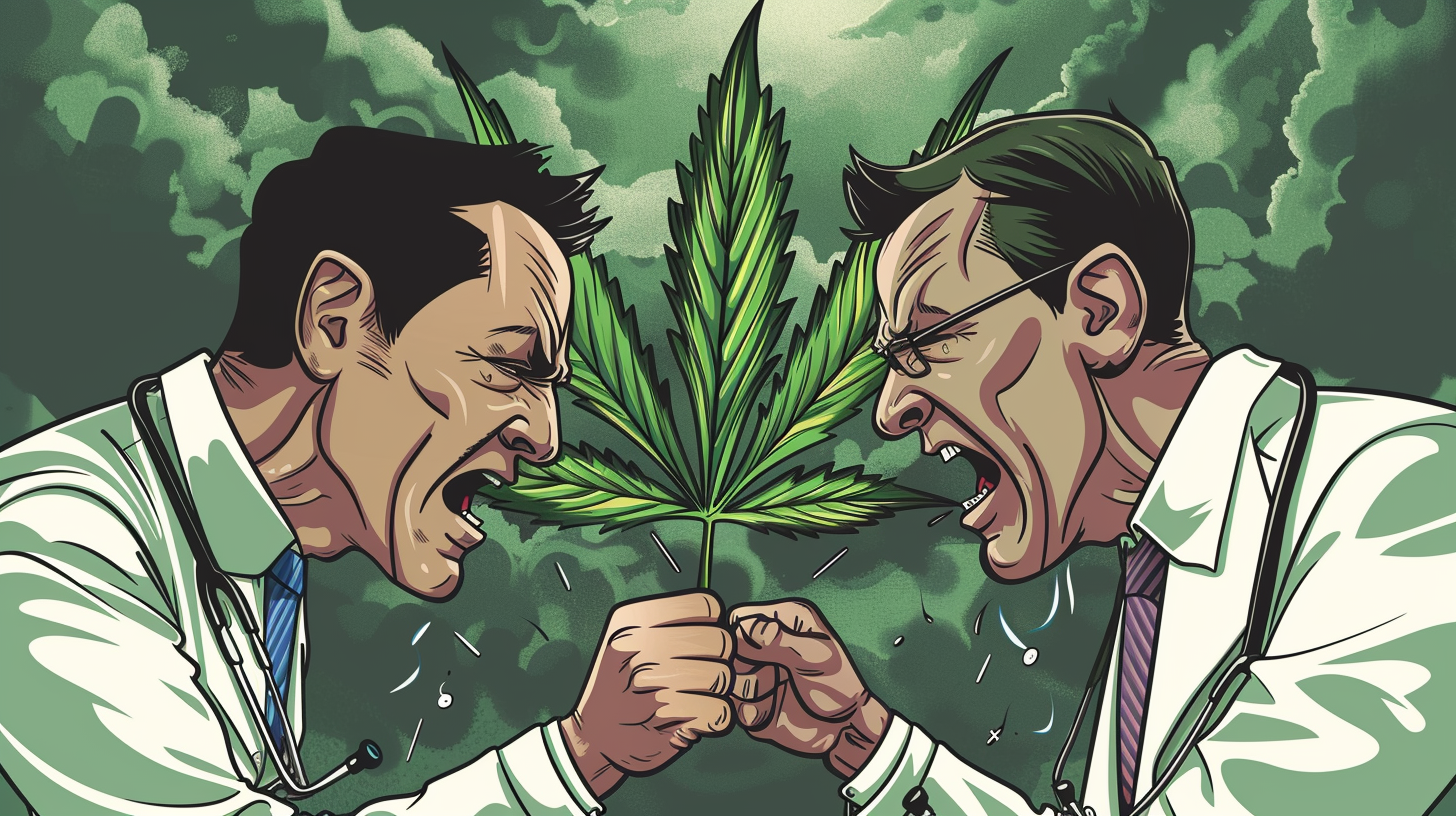Last updated on June 25th, 2024 at 09:06 am
- Driving The News: Health Minister Somsak Thepsuthin is set to propose reclassifying cannabis as a narcotic, citing a significant increase in mental health treatment costs.
- Why It Matters: The proposal highlights the financial and social impacts of cannabis legalization, raising questions about the best regulatory approach.
- The Big Picture: Balancing the medical benefits of cannabis with potential risks and costs remains a central issue in Thailand’s evolving drug policy.
BANGKOK, THAILAND – Health Minister SOMSAK THEPSUTHIN announced plans to propose reclassifying cannabis as a narcotic, following a two-year period since its legalization that has seen mental health treatment costs skyrocket from 3 billion to 15 billion baht. The proposal will be submitted to the Narcotics Control Board (NCB) for consideration.
On June 1, Somsak held a forum at the Ministry of Public Health, inviting input from various stakeholders, including academics, the Thai Psychiatric Association, the Royal College of Pediatricians of Thailand, the Youth Vision Institute, and other civil society groups impacted by cannabis-related issues. He emphasized the importance of gathering comprehensive feedback before making any policy changes.
Somsak explained that the legalization of cannabis had initially been driven by good intentions, aiming to harness its medical benefits. However, the subsequent increase in mental health issues and the financial burden on the state has prompted a reevaluation. “We need to consider the broader implications, including the reported decrease in IQ among youth and neurological effects on older adults,” he stated.
Dr. Prakan Thomyangkul from the Thai Psychiatric Association highlighted that mental health treatment costs have surged from 3.2-3.8 billion baht annually before legalization to 15-18 billion baht afterward. He also noted the increase in cannabis-related suicides, accidents, paranoia, and hallucinations. Pregnant women and infants have been particularly affected, with cannabis being transmitted through breast milk.
Somsak acknowledged the concerns of cannabis business operators and farmers but stressed that public health must take precedence. “We cannot ignore the negative impacts on our society. If reclassification is necessary to protect our citizens, we must act decisively,” he said. He also noted that the Ministry of Public Health is already facing significant debt from the COVID-19 pandemic, making the increased costs associated with cannabis-related treatments unsustainable.
Youth representatives from the “No to Cannabis and Drugs” network shared their experiences of increased cannabis use among students, highlighting the lack of control and education around its use. They called for immediate reclassification to curb the negative social impacts.
Somsak also addressed the proposal for a comparative study of the harms of alcohol, tobacco, and cannabis, stating that while all harmful substances should be regulated, the immediate focus must be on addressing the current crisis caused by cannabis legalization.
Professor Dr. Somsak Lolekha of the Royal College of Pediatricians of Thailand reiterated the call for reclassification, emphasizing the need to protect children from the adverse effects of cannabis. He highlighted that any medical use of cannabis should be strictly controlled and prescribed by healthcare professionals.
Dr. Sirorat Suwanachoti from the Royal College of Pediatricians also supported reclassification, citing her experiences with patients using cannabis for epilepsy. While acknowledging its benefits in reducing seizures, she stressed that it should only be used under strict medical supervision.
As the debate continues, the government faces the challenge of balancing the medical and economic benefits of cannabis with the need to protect public health and ensure sustainable healthcare costs.
Contributing Sources: Matichon
